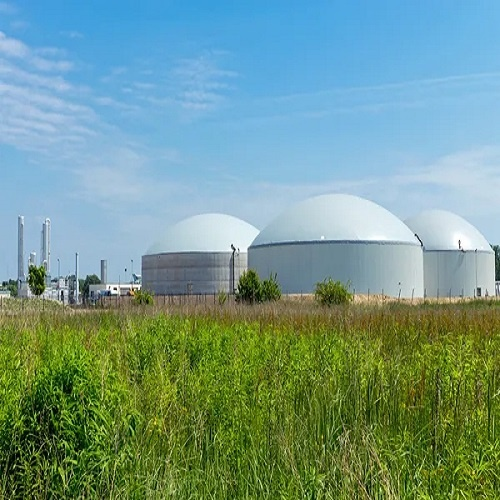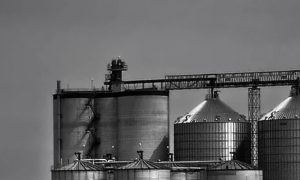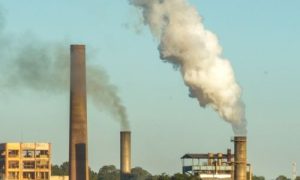BP plans foray into 2G ethanol, sustainable jet fuel with Brazil base

SAO PAULO (Reuters) – BP Plc plans to expand its biofuel operations in Brazil after buying out Bunge from their BP Bunge Bioenergia joint venture. BP aims to develop second-generation ethanol, sustainable aviation fuel, e-fuels, and biogas using its 11-plant complex in five states. This follows Shell’s similar strategy with Raizen SA. BP’s focus contrasts with most Brazilian sugarcane processors who favor sugar production due to higher prices.
SAO PAULO (Reuters) – BP Plc will evaluate expanding and diversifying its biofuel operation in Brazil, looking at new products such as second-generation ethanol and sustainable aviation fuel after buying out Bunge from their joint venture BP Bunge Bioenergia.
The company said in written comments to Reuters that it wants to use the venture’s massive biofuel base in Brazil – an industrial complex with 11 plants in five states processing sugarcane – to develop key projects to support the broader BP view for bioenergy.
The Brazil complex “is a scalable bioenergy platform with cost advantages,” it said. “We will seek to explore new growth opportunities in the region and develop new bioenergy platforms, such as next-generation ethanol, SAF, e-fuels and biogas,” BP added, using an acronym for sustainable aviation fuel.
The strategy of the British oil major follows Shell, which partnered with Brazilian sugar and ethanol giant Cosan years ago to form Raizen SA, which is developing the world’s largest cellulosic ethanol program, a second-generation ethanol.
“Good biofuels – those that actually help achieving emissions savings – are still seen as having an important role to play,” said biofuels expert Soren Jansen, a former executive at Brazil’s Copersucar.
“The whole alcohol-to-jetfuel supply chain is very expensive to build up, and the deep pockets from the oil companies is accelerating the process with an initial geographic spread over Brazil, the U.S., Europe and Japan,” he said.
Raizen opened its second 2G ethanol plant in May. The fuel, made from biomass residues from processed sugarcane, has 80% less carbon than gasoline.
BP’s plans for its complex in Brazil go in the opposite way from most companies processing sugarcane in the country. Those have increased their capacity to make sugar, instead of ethanol, due to higher international prices for the sweetener.
(Reporting by Roberto Samora, additional reporting by Marcelo Teixeira in New York; Editing by Cynthia Osterman)
Source Link: https://uk.finance.yahoo.com/news/bp-plans-foray-2g-ethanol-181653635.html?guccounter=1














